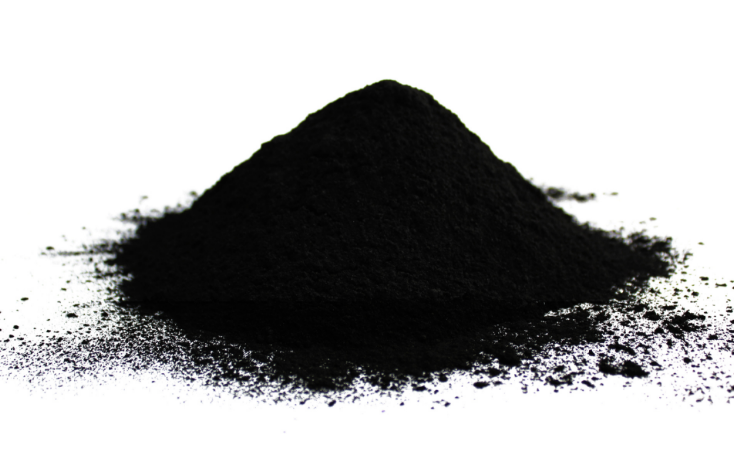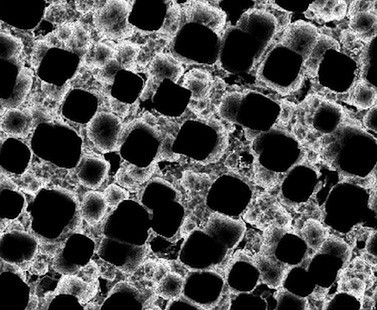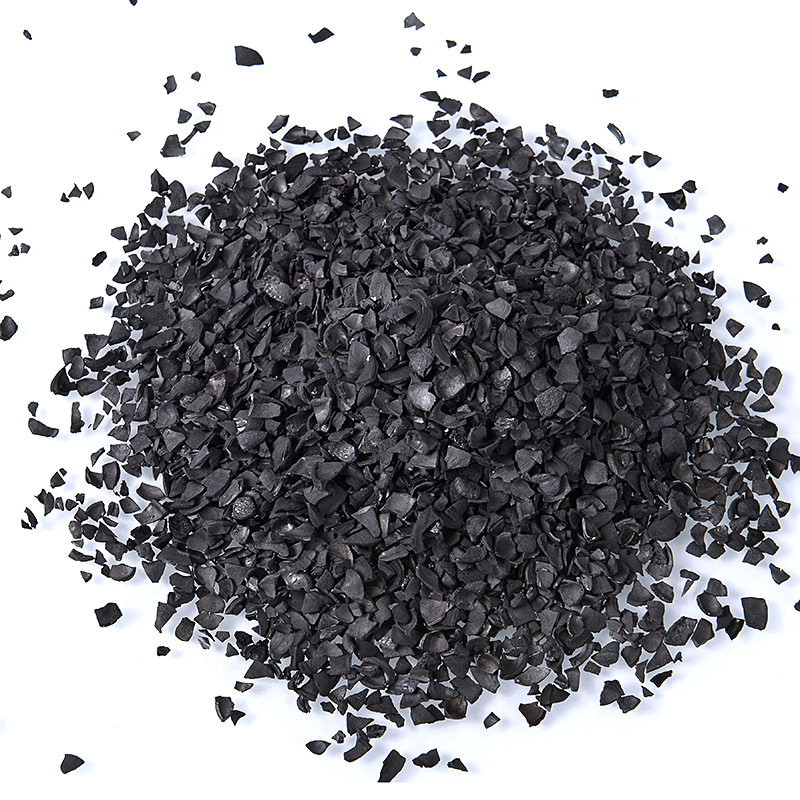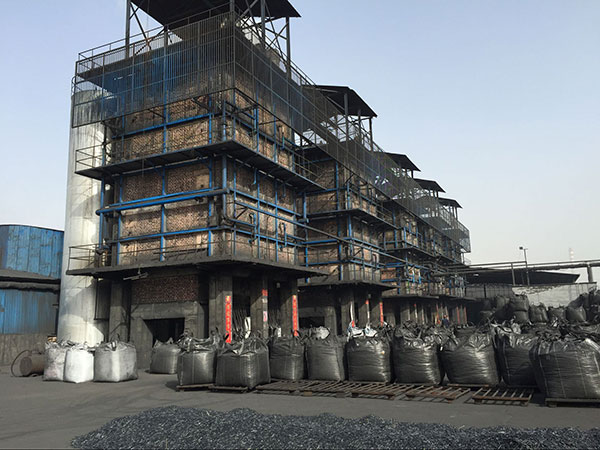
2023-05-25 The use of powder activated carbon PAC 1. Powdered activated carbon for drinksWood products as raw materials, refined by using the unique phosphoric acid production process, have developed in the porous structure, adsorption capacity, fast filtering and so on. Mainly applicable to all kinds of Cola
Read More 
2023-05-25 Normally, activated carbons are made in particulate form as powders or fine granules less than 1.0 mm in size with an average diameter between 0.15 and 0.25 mm. Thus they present a large surface to volume ratio with a small diffusion distance. Activated carbon is defined as the activated carbon part
Read More 
2023-05-25 Pore Structure Of Activated CarbonThe adsorption properties of activated carbon can be analyzed and characterized by different methods, including methylene blue adsorption value, benzene adsorption amount, carbon tetrachloride adsorption rate, iodine value, coke decolorization rate, etc.The pore str
Read More 
2023-05-25 Learn about activated carbon ABC knowledge Our customers use activated carbon globally in hundreds of ways for water purification, air purification, metal recovery, and so many other applications. Still, very little is known about this amazing product. At Carbon Activated Corporation, we have decade
Read More 
2023-05-25 Activated carbon, also called activated charcoal, is a form of carbon processed to have small, low-volume pores that increase the surface area available for adsorption or chemical reactions. Activated is sometimes substituted with active.Due to its high degree of microporosity, just one gram of acti
Read More 
2023-05-25 How to make activated carbon ? Activated carbon is carbon produced from carbonaceous source materials such as bamboo, coconut husk, willow peat, wood, coir, lignite, coal, and petroleum pitch. It can be produced (activated) by one of the following processes:1.Physical activation: The source material
Read More 













